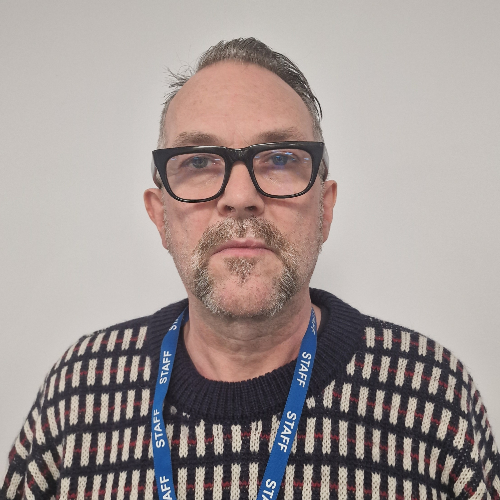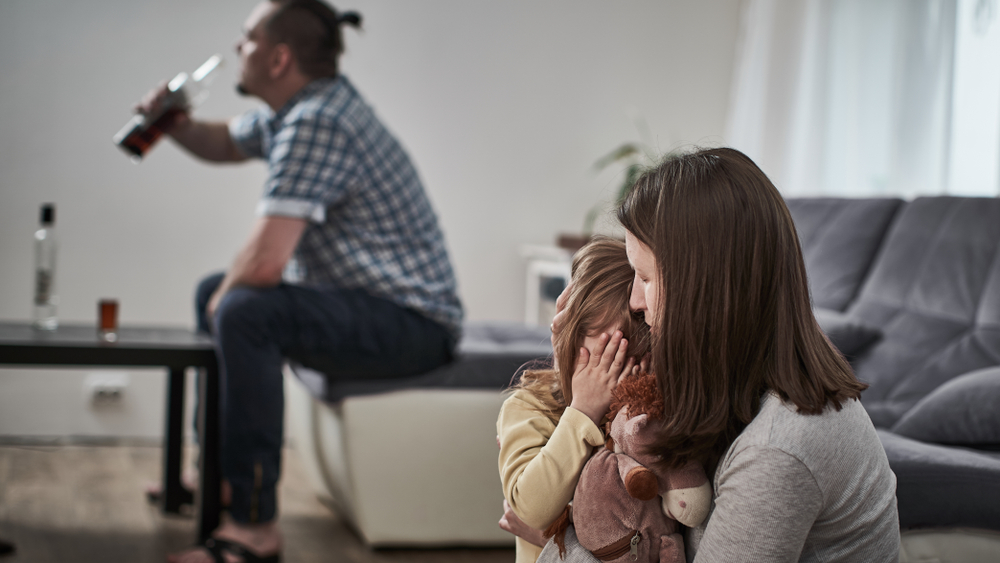
Written by:

Medically Reviewed by:
Last Updated:
September 29th, 2025
Living with a parent who struggles with drug or alcohol addiction is something no one ever prepares you for. Whether you’re still living at home or have a family of your own, the emotional weight can feel unbearable at times. We understand how complicated this situation can be.
That’s why this guide aims to help you identify the signs of addiction, support your parent in a way that protects your emotional safety and understand what treatment options are available.

Is it addiction or something else?
It can be tough to know when recreational or social use crosses the line into dependency, especially if your parents’ behaviour changes slowly over time. You might start by noticing small things, perhaps mood swings, increased secrecy or missed responsibilities. But how do you know for sure?
Here are a few questions that might help you figure out if your parent is struggling with addiction:
- Do they frequently disappear or isolate themselves without explanation?
- Have they lost interest in work, hobbies or family responsibilities?
- Are they using money in suspicious ways or asking to borrow often?
- Do they become defensive or aggressive when questioned about their drinking or drug use?
- Have you ever found hidden bottles, paraphernalia or prescriptions that weren’t theirs?
If you’re nodding along to these questions, it may suggest that there’s some form of addiction at play.
I think my parent is addicted. What should I do?
Realising your parent may have an addiction is a big and painful step. It can flip your understanding of the parent-child relationship on its head, making you feel more like the caretaker than the child. But before rushing to confront them, it’s important to prepare yourself emotionally and practically.
If you’re a teenager or still living at home
First of all, your safety matters more than anything. If your parent’s drinking or drug use ever makes the home feel like a scary or upsetting place to be, it’s really important to speak to someone who can help. That might be a teacher, a school counsellor or another adult you feel comfortable with. You can also talk to someone at Childline (0800 1111) or NACOA (0800 358 3456). They’ll listen, they won’t judge, and you don’t have to go through this alone.
You might feel like it’s up to you to make things better, but it’s not your job to fix your parents’ addiction. What you can do is take small steps to look after yourself, starting with reaching out.
If you’re an adult
Even as an adult, dealing with a parent’s addiction can reopen old wounds and bring up unresolved feelings. Many people delay the conversation for years, hoping their parents will change on their own. But if you feel ready to talk, try to do it when they’re sober and relatively calm.
Here are some tips that might help:
- Use “I” statements: Instead of saying, “You’re ruining everything,” try, “I’ve been feeling worried and overwhelmed because I don’t know how to help.”
- Stay calm and grounded: If the conversation escalates, don’t be afraid to pause and return to it another day. Your emotional energy matters too.
- Avoid ultimatums: Addiction is often wrapped in denial and shame. If you approach your parent with compassion rather than confrontation, they’re more likely to respond positively.
- Know your limits: If your parent refuses help, it’s not a failure on your part. You are not responsible for the outcome—only for your own mental and emotional well-being.
Understanding the available treatments
If your parent is ready to get help, the idea of rehab might feel a little overwhelming—for them and for you. But knowing what to expect can make it feel less scary. At Linwood House, we offer inpatient treatment for both alcohol and drug addiction, with each part of the programme carefully designed to support both the body and the mind.
Below is a simple breakdown of what each part of the rehab journey can look like, depending on whether your parent is struggling with alcohol or drugs:
| Aspect of treatment | Alcohol rehab | Drug rehab |
| Detox | A medically supported process that helps your parent safely stop drinking. Withdrawal from alcohol can be dangerous, so detox is closely managed. | Drug detox focuses on safely clearing the drug from the body. Depending on the drug, withdrawal symptoms can vary, and we offer support every step of the way. |
| Therapy | Includes talking therapies like CBT or DBT to help your parent understand their relationship with alcohol and how to manage triggers. | Offers individual and group therapy to explore what led to drug use and to build healthier coping strategies moving forward. |
| Holistic support | Activities like art, yoga and mindfulness sessions help your parent relax and rebuild a sense of self without alcohol. | Holistic therapies help your parent reconnect with themselves and reduce stress in healthier, non-substance-based ways. |
| Aftercare | Includes relapse prevention and continued support after rehab, helping your parent stay on track. | Ongoing guidance and support help your parent reintegrate into everyday life and avoid old patterns. |
We also offer family sessions, so you can be part of your parent’s recovery if that feels right for you.
What if my parent refuses help?
It’s one of the most painful parts of loving someone with an addiction: wanting change more than they do. You can’t force them to get better, but you can take steps to protect yourself and open the door to support when they’re ready.
Here’s what not to do:
- Don’t enable the behaviour: Covering up for your parent, lending money or making excuses might feel like helping but it allows the addiction to continue unchecked.
- Don’t let it consume you: Your life matters too. You deserve relationships, hobbies and joy that aren’t clouded by someone else’s addiction.
- Don’t assume change won’t happen: Just because your parent has said no to help before doesn’t mean they always will. People often reach breaking points on their own timeline.
One structured way to present treatment as an option is through an intervention. This is a planned meeting, ideally led by a professional, where family members come together to express their concerns in a non-judgemental way.
Interventions can be emotionally intense but they can also act as a turning point for people who’ve previously refused help.
What about support for me?
Whether your parent accepts treatment or not, you still need support. Living with addiction in the family can take a serious toll on your mental health, leading to potential anxiety, depression and feelings of emotional exhaustion. You might even start to question your own judgement or feel guilty for setting boundaries.
That’s why Linwood House encourages family members to explore their own healing too. Therapy, peer support groups or even just talking to a helpline can be a lifeline during these tough times.
The next step
At Linwood House, we’ve helped countless families rebuild after the devastation of drug and alcohol addiction. We know how hard it is to take that first step, not just for the person struggling but for those who love them.
If you’re concerned about your parent, we’re here to guide you through the options. From initial advice to full residential treatment, our team can offer clarity, compassion and the next steps that feel right for your situation.
Contact Linwood House today to discuss your concerns and learn how we can help. A better future is possible for both your parents and you.


